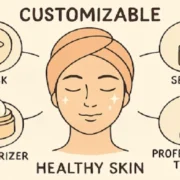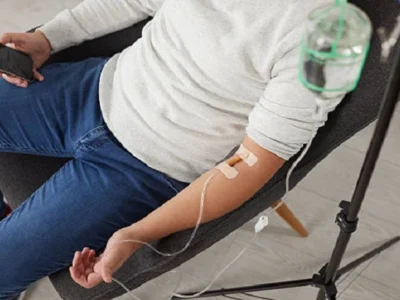Emotional healing is an important part of the recovery process, and group therapy offers a unique opportunity for individuals to work through their emotions in a safe and supportive environment. Addiction treatment often requires confronting deep-seated issues related to guilt, shame, trauma, or grief. In group therapy, participants are encouraged to express these emotions openly, knowing they will be met with empathy and understanding.
Sharing personal experiences in addiction treatment can be both cathartic and empowering. It allows individuals to process their feelings, gain perspective, and begin to heal emotionally in a way that might not be possible in individual therapy alone.
In group therapy, the therapist plays a crucial role in facilitating discussions, offering guidance, and ensuring the safety and confidentiality of all participants. The therapist is there to guide the group through structured exercises or discussions, address any conflicts that arise, and help individuals reflect on their progress. They ensure that group therapy remains a positive, productive part of addiction treatment.
Therapists in addiction treatment groups also help individuals identify patterns in their behavior and provide feedback that supports personal growth. Their professional insight ensures that group therapy sessions remain focused and aligned with each participant’s recovery goals.
Different Types of Group Therapy in Addiction Treatment
There are various types of group therapy sessions that can be used in addiction treatment, each designed to address different aspects of recovery. For example, psychoeducational groups focus on teaching participants about the nature of addiction, while process groups encourage members to share their personal experiences and emotions. Skill development groups may focus on building practical coping mechanisms, such as managing stress or improving communication.
Different individuals may benefit from different types of group therapy depending on their specific needs and where they are in their recovery journey. Addiction treatment programs often offer a combination of these group therapy types to provide comprehensive care.
Building Long-Term Connections Through Group Therapy
Group therapy not only provides immediate support during addiction treatment but also fosters long-term connections that can help sustain recovery. Many individuals continue attending group therapy sessions even after completing a formal treatment program, as these groups offer ongoing accountability and encouragement. Staying connected with others in recovery can be a critical factor in preventing relapse and maintaining sobriety.
The relationships built in group therapy can serve as a foundation for a strong, supportive community that individuals can rely on throughout their recovery journey. This sense of community is one of the most lasting benefits of group therapy in addiction treatment.
Group Therapy’s Strength in Addiction Treatment
Group therapy offers a powerful way to address the complexities of addiction by creating a space for shared experiences, accountability, and collective learning. Through group therapy, individuals in addiction treatment can build a support network, develop new coping strategies, and heal emotionally. It fosters a sense of belonging and community that helps individuals stay committed to their recovery goals.
In addiction treatment, group therapy is more than just a place to talk—it’s a tool for growth, healing, and long-term sobriety. Whether used as a primary treatment method or in conjunction with other therapies, group therapy is a cornerstone of successful addiction recovery programs.
Revive Fitness Routine with These Proven Tips










Comments